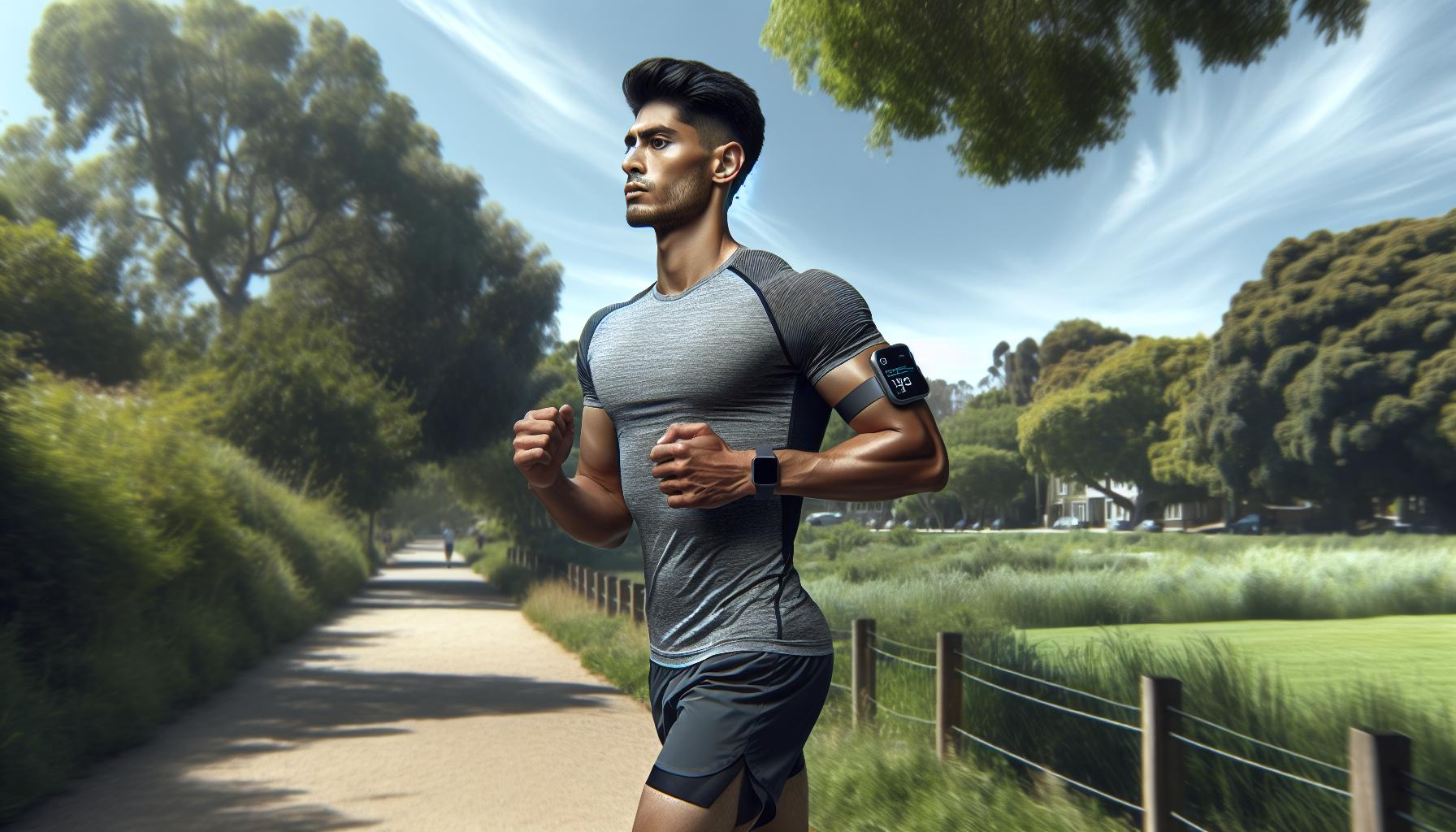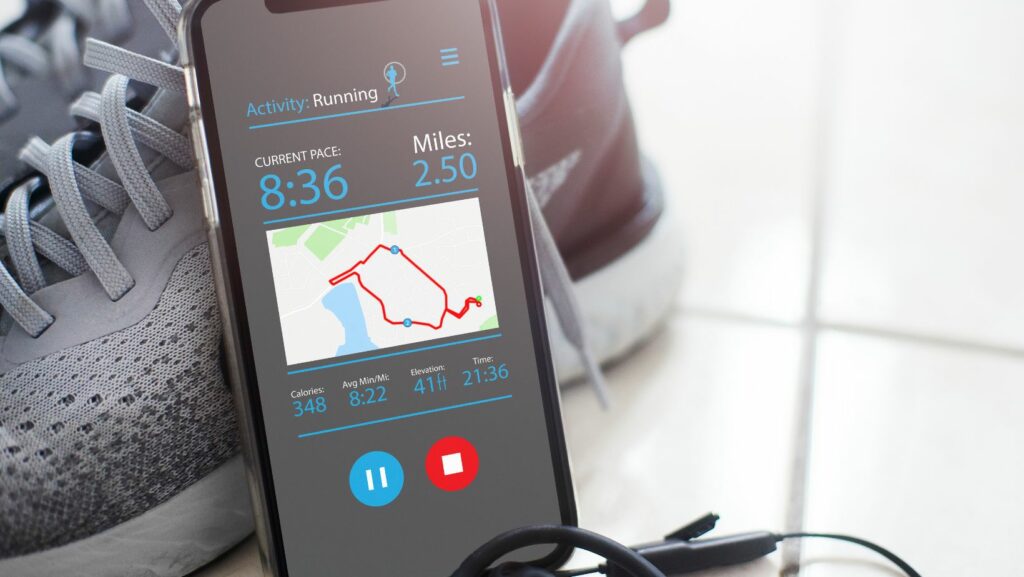Running Apps Android
- Comprehensive Tracking: Android running apps monitor key metrics such as distance, pace, and time, enabling users to analyze their running performance effectively.
- Personalized Training Plans: Many apps offer customized training plans tailored to individual fitness levels, making it easier for users to achieve their running goals.
- Community Engagement: Users can connect with fellow runners through social features, share achievements, and participate in challenges, fostering motivation and accountability.
- Wearable Device Integration: Compatibility with fitness trackers and smartwatches allows real-time feedback, enhancing performance tracking during workouts.
- User-Friendly Interface: A well-designed interface promotes ease of navigation, encouraging consistent use and a positive user experience.
- Popular Options: Strava, Runkeeper, and MapMyRun are among the top running apps that provide unique features and benefits tailored to different runner preferences.
In today’s fast-paced world, staying fit and motivated can be a challenge. Fortunately, running apps for Android are transforming how people approach their fitness journeys. These apps not only track distance and pace but also provide personalized training plans, making it easier than ever to hit those running goals.
With a plethora of options available, runners can find the perfect app tailored to their needs. Whether you’re a seasoned marathoner or just starting out, these tools can enhance the running experience, offering insights and community support. Dive into the world of Android running apps and discover how they can elevate your workouts and keep you on track to achieve your fitness aspirations.
Overview of Running Apps Android
Running apps for Android provide essential tools for tracking and enhancing running performance. Users can analyze key metrics such as distance, pace, and time. Many apps offer personalized training plans tailored to individual fitness levels, ensuring users can progress effectively.
Different Android running apps cater to various preferences. Popular options include Strava, which focuses on social connectivity and competition, and Runkeeper, known for its user-friendly interface and detailed statistics. Additionally, Nike Run Club offers guided runs from professional coaches, appealing to those seeking motivation from experts.
Android running apps also promote community engagement. Users can connect with other runners, sharing achievements and tips. This social aspect fosters a supportive environment, encouraging consistent participation and goal achievement.
Integration with wearable devices benefits runners, allowing heart rate and GPS data collection. Users can receive real-time feedback, which helps optimize performance and maintain target training zones. Many apps also link with music platforms, enhancing the running experience by providing curated playlists.
In sum, Android running apps serve as comprehensive tools for runners, offering features that promote performance tracking, community support, and personalized training. Exploring these apps allows individuals to elevate their workouts and stay committed to their fitness journeys.
Features to Look For in Running Apps

When selecting a running app for Android, specific features enhance the overall user experience and performance tracking capabilities. Key features include a user-friendly interface, robust performance tracking, and seamless integration with wearable devices.
User Interface
A user-friendly interface simplifies navigation and encourages regular use. It should include intuitive design elements such as clearly labeled buttons, easy access to essential metrics, and customizable dashboards. Positive user experience often stems from ease of use, as fewer complex features can lead to increased motivation and engagement.
Performance Tracking
Comprehensive performance tracking features are critical for runners seeking to improve their abilities. Look for apps that measure distance, pace, time, and elevation changes. Additional metrics like cadence, heart rate, and calories burned provide deeper insights into workout intensity. Some apps also offer detailed analytics, such as split times, which help users identify trends and adjust their training accordingly.
Integration with Wearables
Integration with wearable devices significantly enhances the functionality of running apps. Compatibility with smartwatches and fitness trackers enables users to monitor heart rate, GPS data, and other vital statistics in real time. This integration allows runners to receive immediate feedback, optimize their performance, and maintain specific training zones without relying solely on their smartphones.
Popular Running Apps for Android

Numerous running apps for Android cater to diverse user needs and preferences. Here’s a closer look at some of the most popular options.
Strava
Strava stands out for its social features and competition elements. Users can track their runs, share routes, and engage in challenges with friends. Strava offers detailed analytics, including pace, distance, and elevation, allowing users to analyze their performance comprehensively. The app’s segment feature lets runners compete against others on specific stretches, fostering a community of motivation and accountability.
Runkeeper
Runkeeper is known for its intuitive design and easy navigation. It provides essential tracking features like GPS distance monitoring and pace estimates. Users can customize their training plans based on fitness goals, and Runkeeper also provides audio cues during workouts to keep users informed of their progress. The app integrates with wearable devices for better data tracking and also connects with music services to enhance the running experience.
MapMyRun
MapMyRun excels in route mapping and tracking capabilities. Users can create custom routes and receive voice feedback on their performance during runs. The app prioritizes community engagement, allowing users to share routes and connect with other runners. MapMyRun also offers a range of fitness tracking features, including calorie counting and pace tracking, ensuring users can monitor their progress effectively. Integration with various smart devices helps streamline the experience, providing real-time data during workouts.
Benefits of Using Running Apps

Running apps offer numerous advantages that enhance fitness experiences, promoting healthier lifestyles and encouraging consistency in training routines.
Motivation and Accountability
Motivation remains crucial for maintaining regular running habits. Running apps often incorporate features like goal setting, reminders, and rewards that foster a sense of achievement. Users can track their progress towards personal milestones, such as completing a specific distance or improving pace. Many apps also create social networks, allowing runners to engage with friends, share accomplishments, and participate in challenges, increasing accountability. The combination of shared experiences and friendly competition keeps users motivated and committed to their running routines.
Data Analysis and Progress Tracking
Data analysis plays an essential role in maximizing running performance. Running apps provide detailed statistics, including pace, distance, duration, and elevation change, enabling users to assess their workouts effectively. Many apps offer advanced insights such as heart rate analytics and cadence metrics. Continuous monitoring of these variables allows runners to identify areas for improvement and adjust training plans accordingly. Progress tracking features help visualize achievements over time, further motivating individuals to reach their fitness goals. By leveraging this data, runners can optimize their performance and ensure they progress efficiently in their fitness journeys.
Supporting a Healthier Lifestyle
Running apps for Android play a vital role in transforming fitness journeys. They not only track essential metrics but also foster community engagement and motivation. With a range of options available, users can find the perfect app to suit their individual needs and preferences.
These tools empower runners to set goals, monitor progress, and connect with others who share similar aspirations. By integrating data analysis and wearable technology, they offer valuable insights that enhance performance. Embracing these apps can lead to a more enjoyable and fulfilling running experience, ultimately supporting a healthier lifestyle.

